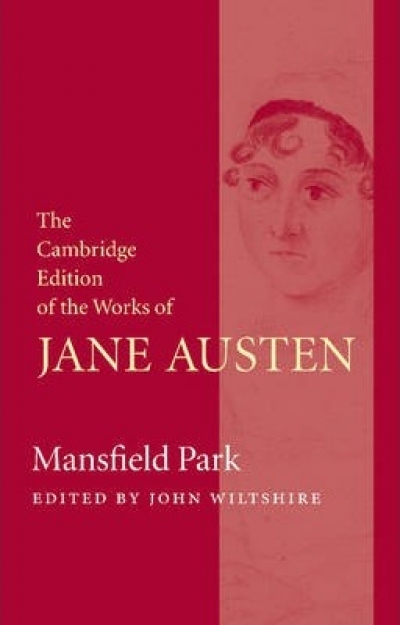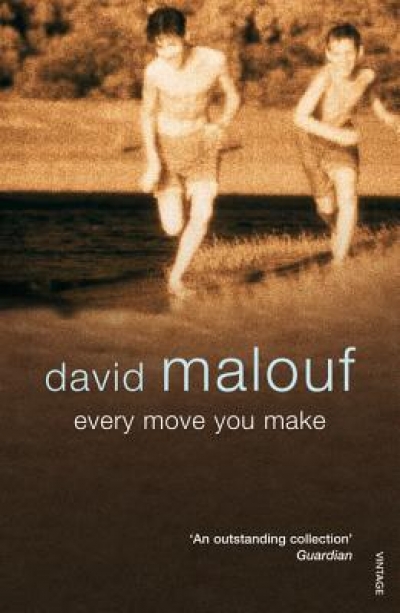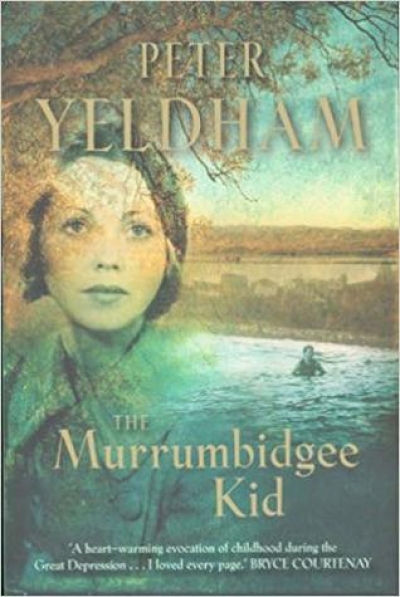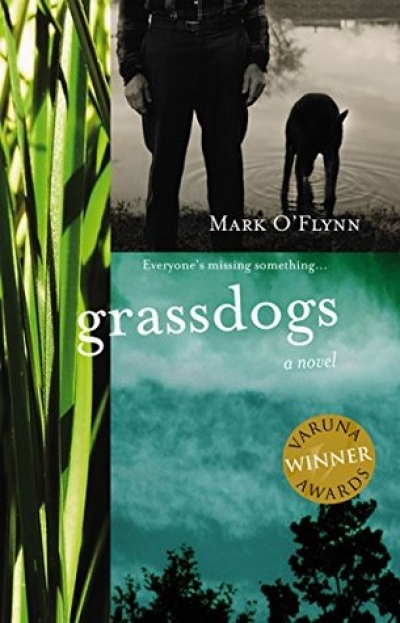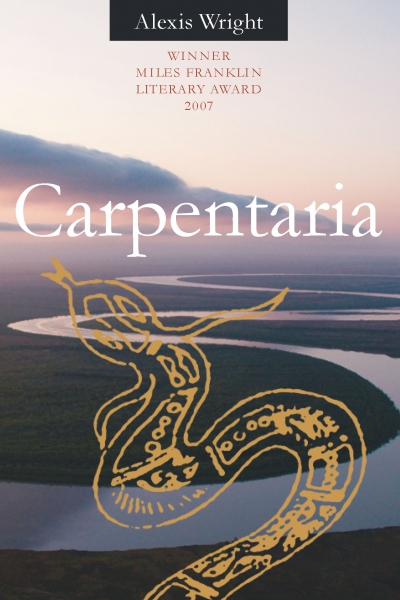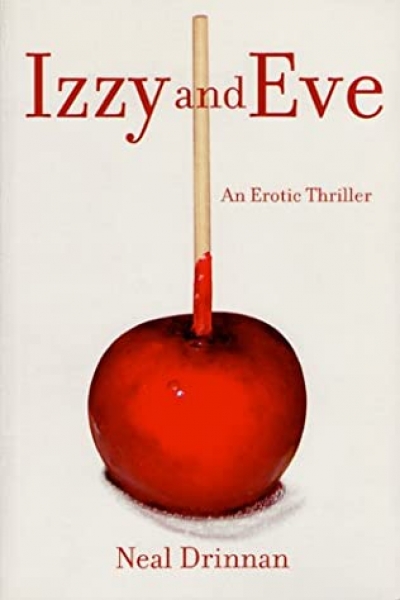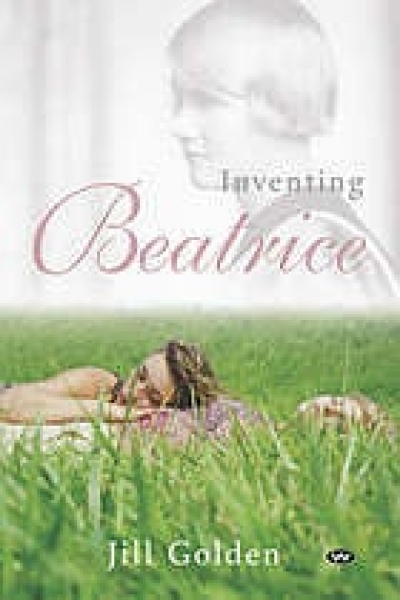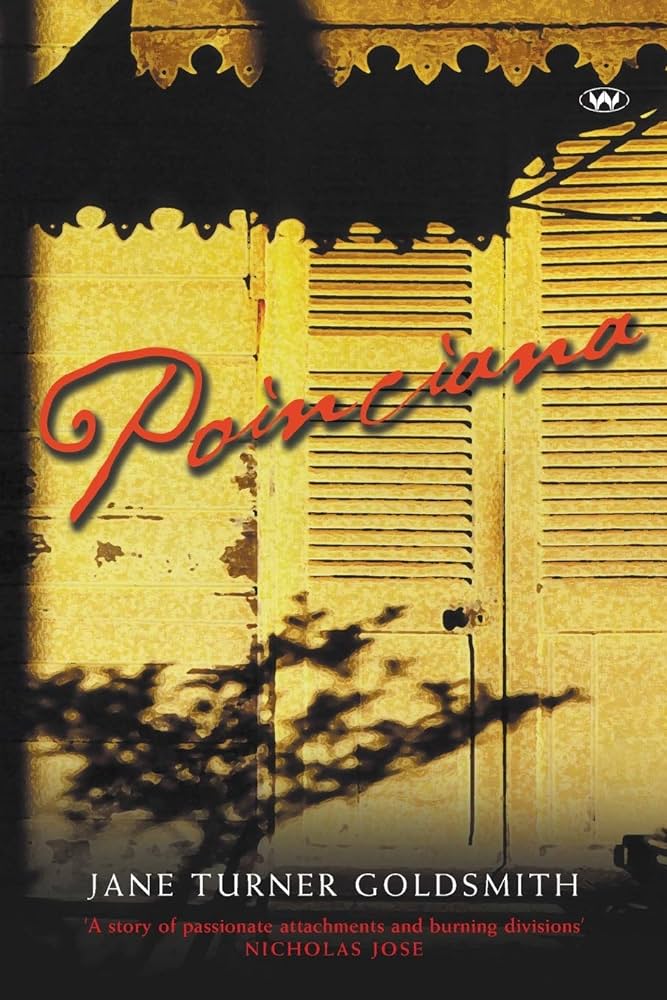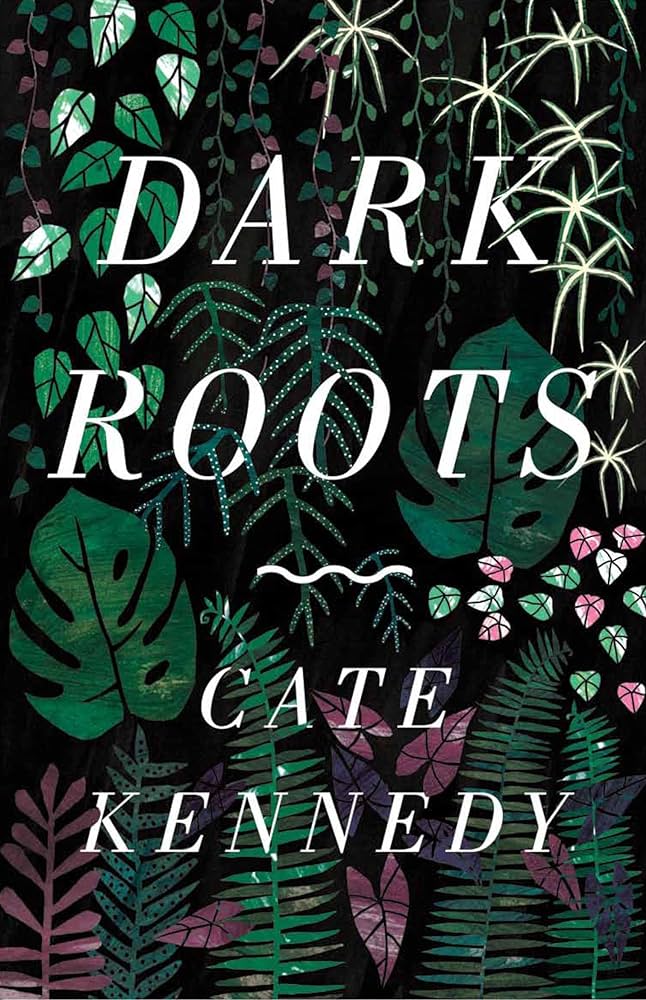Fiction
Why do we need another edition of Mansfield Park? Particularly, what is the justification for an expensive one, when we can get a plain reprint for $5, or a well-annotated paperback for $10? The answer is the one that all scholarly editors are driven by: editorial principles have changed. What was considered acceptable textual practice even twenty years ago no longer fulfils readers’ desires to get close to origins, to understand contexts.
... (read more)David Malouf’s fiction has been justly celebrated for its veracity. His prose, at once lyrical and precise, has an extraordinary capacity to evoke what a character in an early story called the ‘grainy reality’ of life. For Malouf, small concrete details convey a profound understanding of the defining power of memory. He has a strong sense of the way the most mundane object can embody the past, how its shape or texture can send us back to a specific time and place and mood, just as Proust summons a flood of memory from the aroma of a madeleine dipped in tea. This tangible quality to memory is essential to our sense of self. The prisoners of war in The Great World (1990), for example, cling to their memories as a bulwark against the potentially overwhelming horror of their experiences. They treasure anything, however small, that provides a physical link with home, knowing that these relics help them to reconstruct the past and thus retain a grip on their identity and their sanity.
... (read more)Set during the Depression, Peter Yeldham’s eighth novel follows the adventures of Belle Carson and her son Teddy. Despite having enjoyed considerable renown throughout Sydney’s bohemian enclaves, Belle’s ambitions as an actress were never fully realised. Determined that the same fate should not befall her son, she turns her back on her husband and their steady life in Gundagai to introduce Teddy to the glittering city.
... (read more)Grassdogs’ literary antecedents jostle like faces crowding around a porthole on a departing emigrant ship. One can tick them off like books on a required reading list for a twentieth-century Australian literature course. The doppelganger Jekyll-and-Hyde protagonists (blithe young city lawyer Tony Tindale and his bestial, increasingly wretched uncle Edgar) might have been written with actor Dan Wyllie in mind. Edgar even loses teeth in a car accident, just like Wyllie.
... (read more)There is a mesmerising scene in Carpentaria when Joseph Midnight is asked if he has seen the fugitive Will Phantom, a young local Aboriginal man who is single-handedly waging a guerrilla war against a large lead ore mining company. He eyes the questioner and astutely spots him as a ‘Southern blackfella …
... (read more)It was the first game for the season in some halcyon year of my cricketing past. We’d scraped together a team, but the other mob was rumoured to be a couple short. Their first three batsmen were competent enough and made a few. Then a collapse brought number eight to the wicket. Impeccably clad, he was one of those blokes who puts his gloves on after taking guard and then spends minutes surveying the field, pointing to each position with his bat, as if burning them into his tactical memory. At last he faced his first ball, which went straight through him and took the middle and off stumps out of the ground. ‘Bad luck, mate,’ said one of our blokes, with a kindness the ensuing months would erode. ‘First knock for the season, eh?’ The beautifully attired number eight looked at him in astonishment. ‘First knock ever,’ he said.
... (read more)In the bohemian district of an imaginary city not unlike a very bleak Sydney, Izzy and Eve have been living together for twenty years. Eve, who torments herself with clippings of unsolved murders, is a jeweller and also a receptionist – sometimes more – in the local brothel. Izzy draws erotic cartoons for a living, and has taken to frequenting S & M clubs. Gay men start disappearing from the clubs, and Eve is catapulted into an investigation that leads her to Izzy’s world, his friends and ‘silt’, the drug linking the disappearances. So Izzy and Eve becomes a gothic thriller, the narration whipping back and forth between Eve and Izzy, sometimes distractingly quickly. Beginning with Izzy, the characters talk, frequently but fleetingly, of faith, which seems to be at the core of this narrative. But it is Eve the non-believer, drawn more vividly, who dominates the story.
... (read more)Jill Golden’s Inventing Beatrice is a fictionalised account of the life of her mother, Beatrice (or B). This is life writing at its most precarious, right out there on the borderline of ‘fact’ and the ‘inventing’ of the title. Is it a novel or a biography? The media release labels it a novel but concedes that it ‘crosses the genres of biography and autobiography, fiction and non-fiction, speaking in several voices’. What is certain is that the point of view, and of judgment, is constantly shifting as the narrator sets out to unravel the enigma of her mother’s emotional frigidity and to find out the real circumstances of a childhood that, she feels, has destroyed her. Why did B send her three small daughters – the youngest only eight months old – away from home for more than five long years? They spend this time in foster care, then boarding school.
... (read more)South Australian publishers Wakefield Press claim on their website: ‘We love good stories and make beautiful books.’ Poinciana has narrative potential, but is undermined by weak characterisation and unpredictable changes in time and narrative. What makes it a ‘beautiful book’, though, is its exotic backdrop of New Caledonia and its depictions of the landscape, including the brilliant red-flowered tree, the Poinciana.
... (read more)Cate Kennedy’s name will be familiar to anyone who takes even the vaguest interest in Australian short story contests. Over the last decade, she has racked up an impressive list of awards in regional competitions, but readers are most likely to have noticed her successes in two of the most high-profile ones. In 2001 she took out the prestigious and now-defunct HQ Magazine short story competition; and in 2000 and 2001, two Age short story competitions back-to-back. With such a strong recognition factor, it seems like a smart move by Scribe to publish her first collection. Not only should it appeal to readers looking for new short fiction of established quality, but also, presumably, to the thousands of writers who enter short story competitions each year and who wish to see the gold standard.
... (read more)

